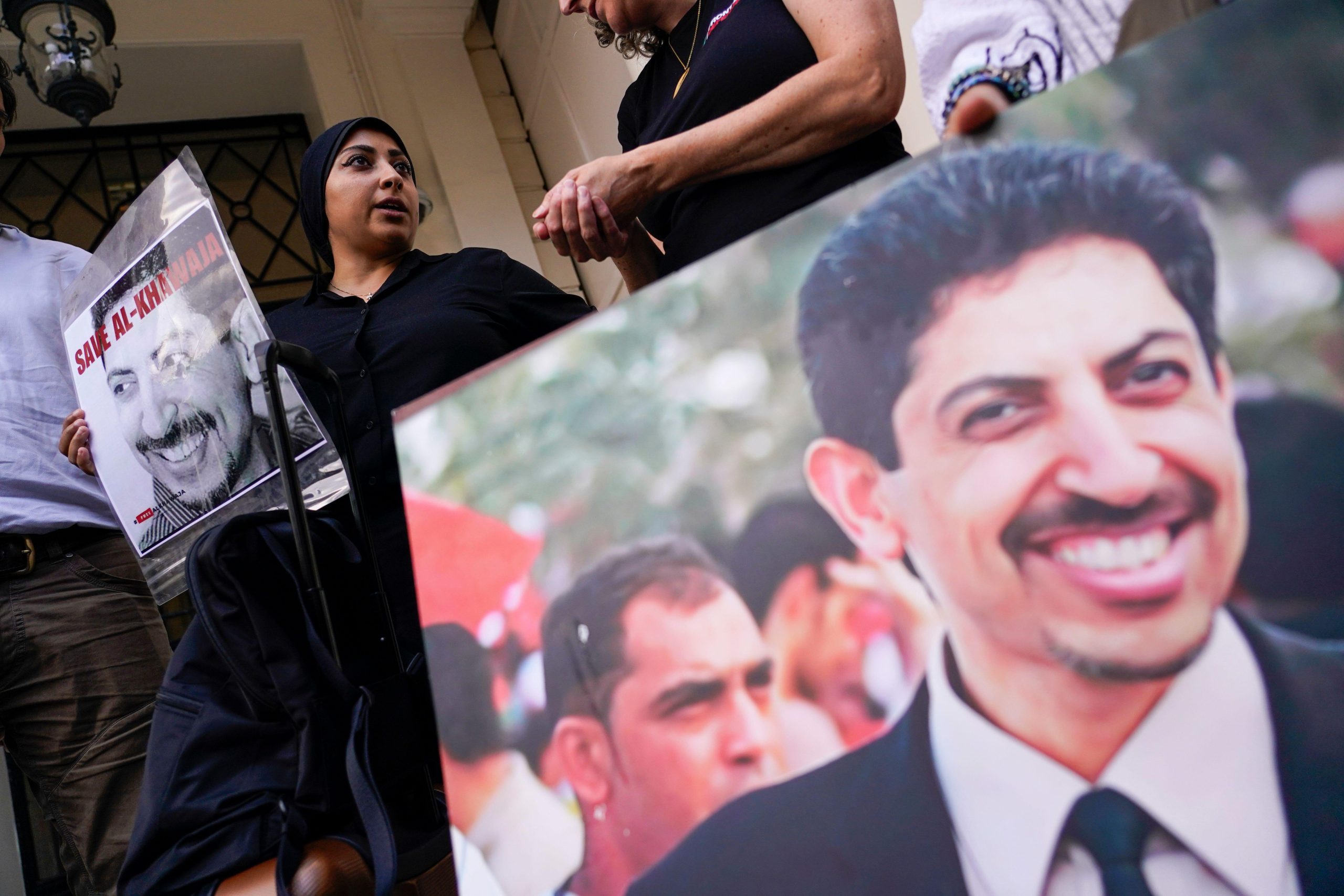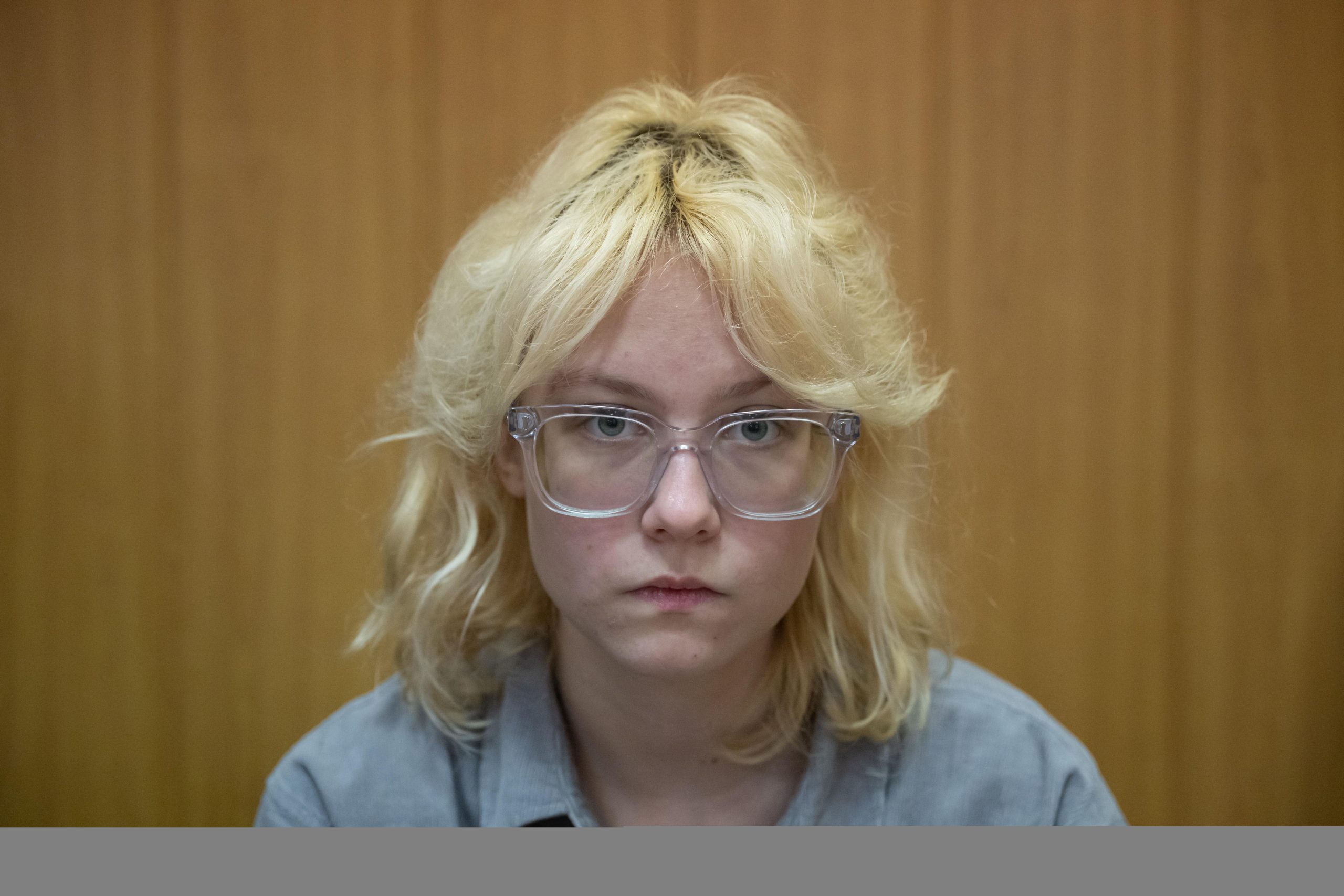Saint Petersburg authorities have surpassed their colleagues throughout Russia in persecuting gay community by passing a local law that actually forbids any LGBT activities, including pride parades and human rights activism, and by planning to make this ban Russia-wide.
Last week a scandalous law “against promotion of homosexuality” came into force in Saint-Petersburg. It stipulates fines up to 500 thousand roubles (£10,782 GBP) for any activities that can be referred to as “public propaganda of homosexualism, lesbianism, bisexuality and transgenderism among minors”. According to Saint-Petersburg lawmakers, such propaganda means mass and unregulated distribution of information which might prove that “traditional and non-traditional relationship are socially equal”.
Human rights activists have expressed numerous concerns over the law as any public move of gay community may accidentally be seen, heard or read by minors, which means that any public move may be punished by fines — potentially disastrous for financially stretched gay rights groups.
The latest concern has been expressed by Madonna who is coming to perform in Saint Petersburg in August. On her Facebook page she wrote that she will “speak up for the gay community, to support the gay community and to give strength and inspiration to anyone who is or feels oppressed”. She called Saint-Petersburg law a “ridiculous atrocity” and promised to speak about it during her show in the city.
The law author — Vladimir Putin’s United Russia deputy Vitaly Milonov — said Madonna and her concert organisers are most likely to face fines and that he “will have to attend her concert to monitor the concert’s moral content”. Previously Milonov mentioned he had planned forbid Rammstein concerts in Saint-Petersburg.
Together with his colleagues Vitaly Milonov is planning to introduce a bill to the Russian State Duma banning “homosexual propaganda” across Russia. “United Russia” has a majority in State Duma, and rights activists fear that such federal law could pass.
Today “antihomosexual” laws, similar to the one passed in Saint-Petersburg, already exist in Ryazan, Archangelsk and Kostroma regions, but none of them has caused such a wide and scandalous response from civil society yet.
The passing of the law in Saint Petersburg was marked with a number of protest actions in Russia. The European Parliament has condemned the law, stating it “violates the freedom of expression regarding sexual orientation”, which is against European Convention on Human Rights. The US State Department has appealed to Russian authorities calling them to respect the rights of gay community in Russia instead of violating them.
The Kremlin doesn’t seem to take these statements seriously, and nor do Russia’s federal TV channels. TV remains the most popular media for most Russians, and channels don’t comply with objectivity rules when covering topics concerning LGBT people. That is why some 75 per cent of Russian citizens, according to SuperJob research centre survey, support the law against homosexual propaganda.
None of Russian cities has ever held a sanctioned gay pride. All were unauthorized and ended up with their participants beaten by aggressive ultranationalists and religious activists or arrested by police.
The only sanctioned action when LGBT people could march through the city with flags and placards was a 4 February march against Vladimir Putin’s return to the Kremlin in Moscow. Tens of thousands people marched through one of the central streets in columns of diverse opposition and civil movements, including the gay community. And even there, during an event which was meant to celebrate democratic values and freedom of expression, gays received tellings-off and disrespectful jokes from some protesters.
Among all the repressed minorities in Russia LGBT community is one of the most vulnerable, usually causing less solidarity, than others.




